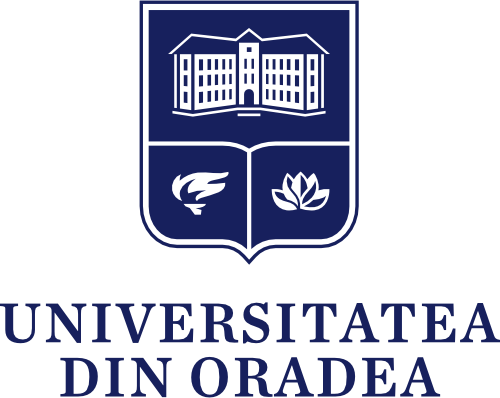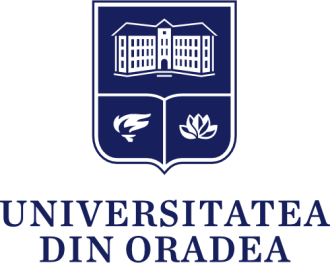Leonardo da Vinci
April 24, 2025 2025-04-24 17:57Leonardo da Vinci
The Leonardo da Vinci Programme funds practical projects in the field of vocational education and training. Initiatives range from those giving individuals work-related training abroad to large-scale co-operation efforts.
Leonardo da Vinci enables organisations in the vocational education sector to work with partners from across Europe, exchange best practices, and increase their staff’s expertise. It should make vocational education more attractive to young people and, by helping people to gain new skills, knowledge and qualifications, the programme also boosts the overall competitiveness of the European labour market.
Innovation projects are key to the programme. They aim to improve the quality of training systems by developing and transferring innovative policies, courses, teaching methods, materials and procedures.
Mobility for persons
1. IVT – Initial Vocational Training
The action aims at supporting transnational mobility in education and initial professional training. It is divided as follows:
a. Mobility of apprentices
b. Mobility for persons in school-based initial vocational training
A transnational mobility in initial vocational training consists in a training placement for a period of vocational training and/or work experience undertaken by an individual participant (apprentice, pupil, trainee, etc in IVT) in an enterprise or a training institution in another participating country. In case the training placement is done in a training institution, the link to the practical experience and to the training needs of the participant shall be clearly defined.
2. PLM – People in the Labour Market
The action aims at the support of transnational mobility of workers, selfemployed or people available for employment (including graduates) undergoing a training period abroad in a vocational training context (from 2 to 26 weeks). In case the training placement is done in a training institution, the link to the practical experience and to the training needs of the participant shall be clearly defined.
3. VETPRO – VET Professionals
The action aims at the support of transnational mobility of persons responsible for vocational training and/or human resources. A Mobility project for Professionals in Vocational Education and Training focuses on the transfer, improvement and update of competences and/or of innovative methods and practices in the field of vocational training. . Individual trainers, teachers or other persons responsible for Vocational training issues will exchange experiences with their counterparts in other countries with the aim of mutual learning (from 1 to 6 weeks).
Partnerships
A Leonardo da Vinci Partnership is a framework for small-scale cooperation activities between organisations working in the field of vocational education and training (“VET”) which will be cooperating on themes of mutual interest to the participating organisations. Projects can focus more on the active participation of trainees, while others will concentrate on the cooperation between teachers, trainers or VET-professionals. The cooperation shall not only include VET schools or institutions but also shall also involve the world of work. World of work partners may include, for example: enterprises; VET providers associated with enterprises (e.g. providing work-based training, apprenticeships); sector representations, branches; professional associations; representatives of working life (e.g. chambers of commerce and trade organisations); and other organisations providing evidence of links to working life and employment (e.g. some local authorities). They can cooperate at national, regional or local level, but also at sector level, such as within VET-fields or economic sectors.
Transfer of innovation – TOI
The aim of Leonardo da Vinci Multilateral Projects “Transfer of Innovation” is to improve the quality and attractiveness of Vocational Education and Training (VET) in the participating countries by transferring existing innovations to new legal, systemic, sector, linguistic, socio-cultural and geographic environments through working with transnational partners.
Centralised actions
Development of Innovation
Leonardo da Vinci Multilateral Projects ‘Development of Innovation’ are transnational cooperation projects that aim to improve the quality of training systems through the development of innovative contents, methods and procedures within Vocational Education and Training (VET). Innovation is a matter of doing new things or finding new ways of doing familiar things. For Development of Innovation Projects it means that something innovative is developed (contents, methods, procedures etc.) as the end result of the project.
Networks
The aims of Leonardo da Vinci Networks are to strengthen the link between the various “actors” involved in vocational training, to improve the quality, European dimension and visibility of activities or issues of common interest in the field of vocational and educational training.
Accompanying Measures
Projects may be developed under the ‘Accompanying Measures’ Actions to promote the objectives and results of on-going and finalised Leonardo da Vinci projects.
How to apply?
Centralised, application to be sent to the Executive Agency
Description of the action:
Further information is available in the programme fiches
Initial Vocational Training (IVT)
People in the Labour Market (PLM)
VET Professionals (VETPRO)
Transfer of innovation (TOI)
Networks
Accompanying measures
And on the following websites:
EACEA: http://ec.europa.eu/education/lifelong-learning-programme/ldv_en.htm
ANPCDEFP: http://www.llp-ro.ro/?d=43




